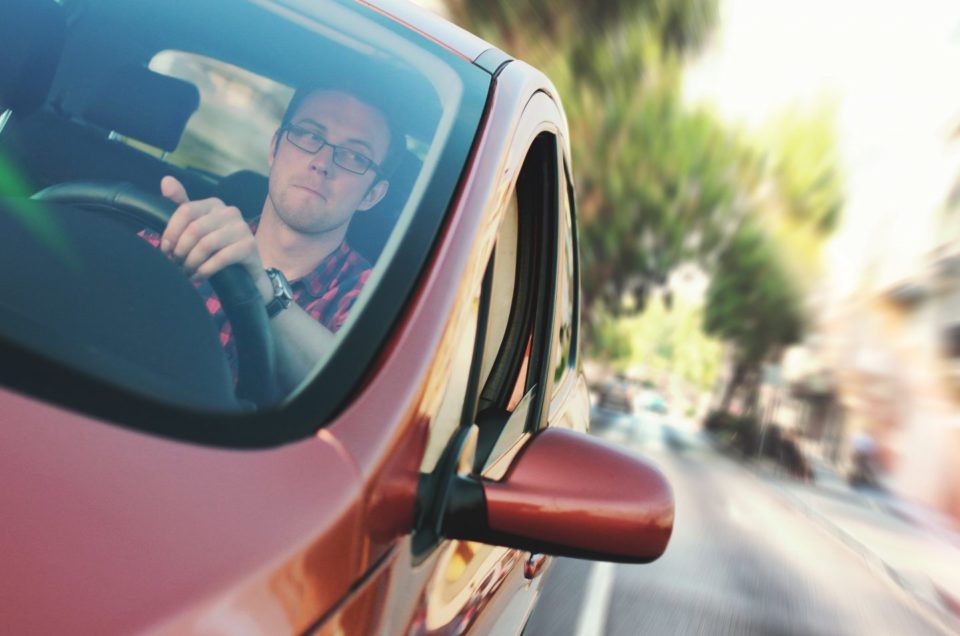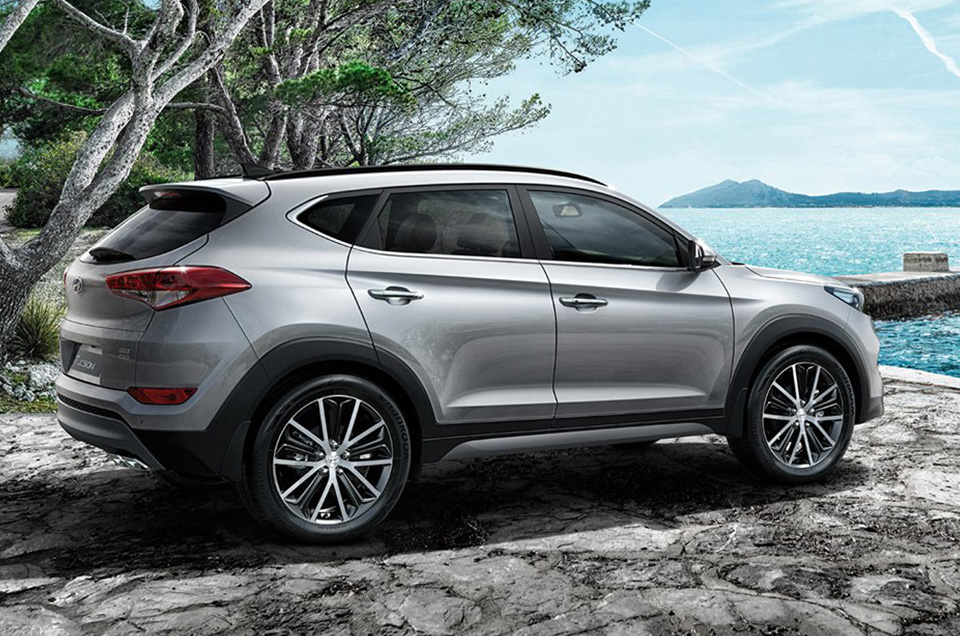Getting in an accident, whether in your own car or a rental, is never pleasant. And it will likely be stressful.
But, there are a few particular steps to take any time you get in an accident in a rental car. This is true whether the accident is your fault or not and whether it’s a small fender bender or full-fledged wreck.
First things first: make sure you and any passengers are OK. If your car is on fire or seems like it could explode, get the heck out of dodge. If someone is hurt, call 911. From there, you’re going to start making some calls.
1. Police: You’ll want to alert them of the incident and wait for them to arrive and fill out an accident report.
2. Rental Car Company: Once the scene is clear and the incident was reported, call your rental car company to report the accident. Typically, you’ll find their contact information on the paperwork they provided you when you rented the car. You can also check the glove box.
Establishing what insurance coverage you have
Once you’ve made all these calls, the next steps will depend on the types of coverage you have and who is ultimately responsible for the financial fallout from the accident.
If you purchased extra rental car insurance coverage from the rental car company: When you rent a car, you’re usually offered additional insurance coverage as part of your rental package. If you purchased this coverage, you may be off the hook when it comes to covering damages resulting from your car accident. But don’t stop reading there.
It’s important that you you read the fine print of your policy. While some extra insurance policies cover the costs of repairing the car you hit plus damage to your rental car and medical coverage, you may have only purchased secondary coverage that will kick in after your own insurance pays. Make sure to read all policies you own to see who is responsible first, and who will pick up the tab. Still confused? Pick up the phone and call your insurance company for more details.
If you used the free auto insurance offered by your credit card: Many travel credit cards come with auto rental coverage that kicks in when you use your card to pay for a rental car.
Notice we said it’s when you use your card? If you have a card that offers this, but you didn’t use it to pay for the rental in full, it’s more than likely not going to kick in. In most cases, you’ll need to have decline the rental company’s collision coverage as well in order to be eligible for this insurance.
More often than not, the insurance that comes from a credit card is used as secondary coverage. Meaning, it’ll kick in where your primary insurance provider leaves off.
Take note, however, that most of these policies don’t cover medical costs. So, if your credit card offers coverage, make sure to read your policy in its entirety to see what it covers and when.
Your insurance policy offers rental coverage: If your own auto policy has collision and comprehensive coverage, you’re covered for any car you rent. You will be responsible for paying your auto insurance deductible, however, which could be hundreds of dollars or more, depending on your policy.
Whether you were at fault in the accident or not, you’re typically required to pay your deductible directly to the rental company. Your insurance company will handle the rest, including going after the other party for damages if you weren’t at fault.
What to do next
Once you determine which of your policies, if any, will be covering damages, you will typically get a set of instructions to follow from the provider. You’ll need to fill out applicable claim paperwork, for example, along with paying your deductible if you have one and you’re required to do so. You may need to submit police reports or other evidence as required, too.
Because it’s a rental car we’re talking about, you won’t have to worry about taking it to the shop or arranging repairs. This part will be handled by the rental car company and out of your hands.
Looking ahead to the future
Nobody wants to get into a car accident, but that’s especially true when you’re driving a car that’s not even yours. Fortunately, you can minimize the financial effects of an accident by having a comprehensive auto insurance policy that covers you and others in the event of an accident – even when you rent a car.
If you find you’re underinsured, or you want to make sure you’re covered for any rentals you get in the future, you can start comparing insurance policy quotes right here on Policygenius.




